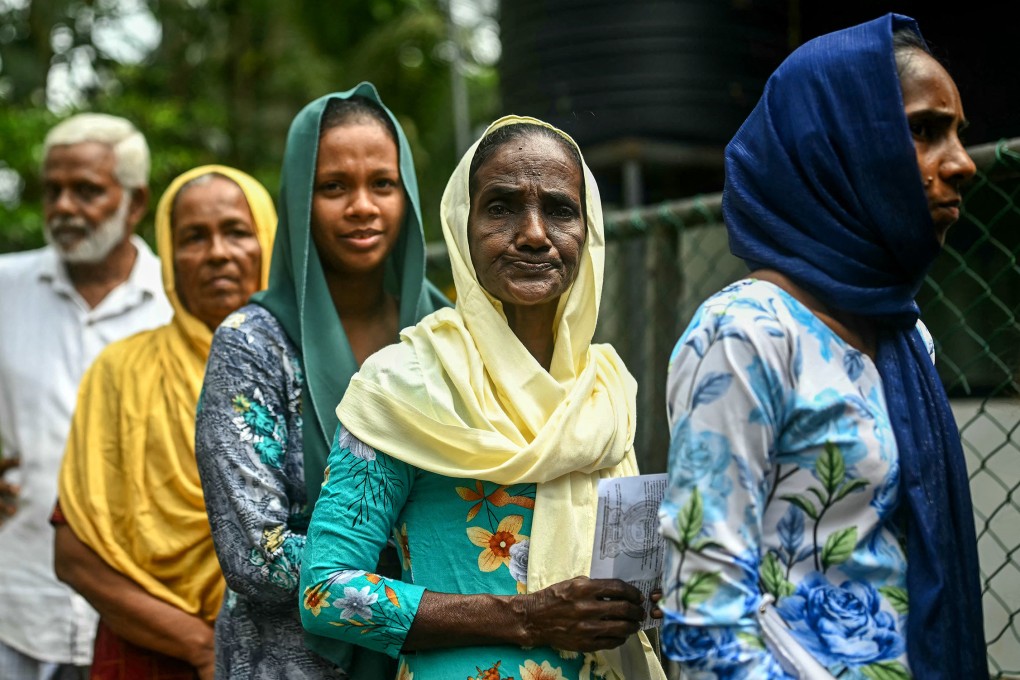Sri Lanka’s election sees surge in female candidates, but can it break patriarchal norms?
While analysts welcome the increase, they caution that more women in politics alone won’t challenge patriarchal norms and achieve true gender equality

The rise in female candidates come as Sri Lankans prepare to elect the first parliament under the country’s inaugural leftist government, led by President Anura Kumara Dissanayake of the National People’s Power (NPP) party.
Dissanayake’s election in September, the first presidential vote after the country’s debilitating economic crisis in 2022, marked a pivotal moment in Sri Lanka’s political history. His rise ushered in a caretaker government and the appointment of Harini Amarasuriya as the nation’s third female prime minister.
Sri Lanka has a notable legacy of female leadership. In 1960, when the country was known as Ceylon, Sirimavo Bandaranaike was elected the world’s first woman prime minister. She took office after the assassination of her husband, then-Prime Minister S.W.R.D. Bandaranaike.
Her daughter, Chandrika Kumaratunga, was the only woman to serve as executive president from 1994 to 2005. However, there has been a vacuum of women in high-level political positions since.

As the NPP seeks to consolidate its power in this week’s snap general elections, many women from the NPP and other parties are running for parliament – an anomaly in the country’s electoral history.